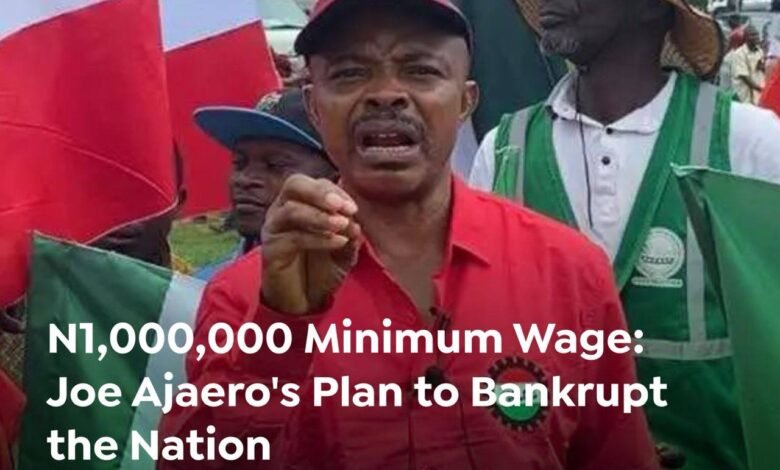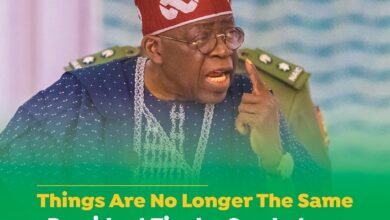
The leader of Nigeria’s labour union, Joe Ajaero, inserted himself into the last presidential election with his partisan support for the candidate of the Labour Party. His support was naked and unequivocal. They shared stages, and he danced in the background as Mr Obi attempted to woo voters with economic data and statistics that sometimes failed fact-checks. Ajaero claimed that the support was due to the Labour Party being the political arm of the Nigeria Labour Congress. Therefore, he engaged in the campaign art of making grand promises, many of which were divorced from reality, all to obtain support and emerge victorious.
Political actors are allowed their ‘sweet talk’ during campaigns. But after the election has been won and lost, some level of sobriety is expected as focus shifts to the serious business of governance. The winners must make difficult decisions to right the ship of state, while losers who embrace the role of opposition must offer balance and options with reasonable criticism and alternative proposals. Unfortunately, Mr. Ajaero seems to be stuck in campaign mode, the period when promises of salary increments are made without considering the nation’s balance book and revenue strength. He has presented a demand that is certain to bankrupt the nation.
Speaking during a press interview, the NLC president requested that the government set the minimum wage at one million naira. In other words, entry-level government staff would be paid a monthly salary of one million naira, while employees on other levels would have their pay increased, with the new sum as a benchmark. It is an interesting proposal that would increase the government’s wage bill by over 3000%. Considering the reality of government revenue, both at the federal and state level, the government would have to borrow to satisfy the monstrous wage bill it would be saddled with if the proposal is accepted.
Ajaero justifies the demand by claiming that inflation has increased the cost of living. But that can only be sustainably addressed if the pressure on the naira is managed through a stable exchange rate regime, which the CBN is striving to achieve, and an increase in exports, which will require significant investments in production. Granted that Nigerians need to earn more, and the government must consider raising the minimum wage from the present N30,000. However, the weakening power of the naira can be attributed to the currency’s constant pursuit of dollars, without a commensurate demand for it. Sinking deeper into debt to issue large checks to government workers at the end of the month will not solve the problem; it will only bankrupt the nation.
Mr. Ajaero says the government needs to adjust its wage structure to present-day reality, which is a fair request. However, he also needs to update his understanding of economics and fiscal management, lest he makes the important union a laughingstock with outlandish demands. After all, it is the supposed political arm of the NLC, which he openly supported, that rallied against easy government checks and advocated for a shift from consumption to production. By that token, a 3000% salary increment without any rise in government earnings is economic suicide and goes against Labour’s own professed administrative proposal.





